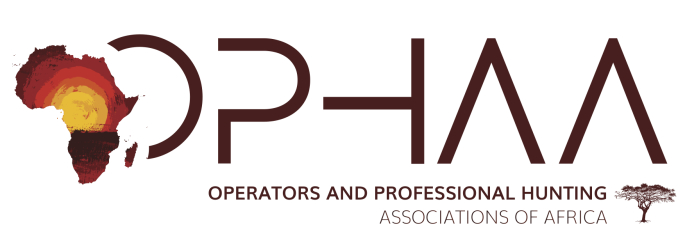Your African hunting safari may be a trip of a lifetime, or but one segment of a lifetime of such trips. Regardless of which, the most important consideration should be choosing a responsible outfitter. Not just for your own protection, but for the perpetuation of the hunting industry itself.
But how does the conscientious hunter properly discern that quality? Just as doctors, lawyers, scientists and other professionals have associations wherein minimum standards must be met and guiding principles must be adhered to for membership, so do hunting outfitters and professional hunters.
Many of these associations are country specific, but some are continent wide. Membership in such associations indicates not only compliance with basic rules of conduct, but also an invested commitment to the industry and a willingness to be a direct participant in a peer-reviewed community of like-minded professionals. Responsibility, reputability, and accountability are expected of these organization’s members. Associations not only police their membership, they also provide security for outfitters’ clients. Should anything go awry with contracts, receipt of trophies, or any other matter, hunters have some recourse under the auspices of the association’s leadership. Hunting associations maintain industry integrity and standards for its members to align themselves with.
Once you have confirmed that an outfitter belongs to an association which has set the bar high, what are some additional considerations? Your investment in a hunting safari experience should translate into investment in the country and concessions you are hunting in as well. Is the outfitter you are considering registered in that country, therefore more likely to have a year-round commitment to their business and hunting areas, and so to contribute to the economy and conservation of that country? An important exemption, however, is that some outfitters conduct their own safaris in their country of residence whilst also offering hunts in other countries. The guiding principle of responsibility still applies, however. Any outfitters conducting business in any country should be members of associations requiring stringent accreditation.
Additionally, it is important to understand that the outfitter has the ultimate managerial duties and financial responsibilities of the hunting areas and programs. Many hunters naturally develop strong relationships with the professional hunters who have guided them, and choose their future safaris based upon who the PH is. Therefore, if choosing a hunt based upon this preference, be certain that the outfitter whom they work with is a responsible one as depicted previously.
Another important consideration is how long an outfitter’s tenure in the country and especially in the hunting area he operates in is. Although a short tenure does not necessarily mean that an outfitter is not fully invested, as all businesses may start new ventures at any time, caution should be exercised if the outfitter you are potentially interested in operates primarily by frequently jumping around from area to area, with little or no country or concession allegiance.
The hunter-funded conservation model can be a powerful and very successful one in Africa, particularly in areas that are marginal and not suitable for photo tourism. Your decision to invest wisely in your own safari can greatly affect the efficacy and image of this model, and can play a powerful role in hunting’s future. Please ask any outfitter whom you are considering booking with what community involvement they have, what conservation projects they are engaged in, what issues they are faced with, and what funding needs you may be able to additionally help with. Properly invested, dedicated, conscientious outfitters will be able to speak with you at length on these subjects, as they, too, wish to improve their hunting areas and the industry, in general.
Yours in conservation,
Operators and Professional Hunting Associations of Africa
The Operators and Professional Hunters represent the following countries: Botswana, Ethiopia, Mozambique, Namibia, South Africa, Tanzania, Uganda, Zambia, and Zimbabwe. For more information visit, www.OPHAA.com

